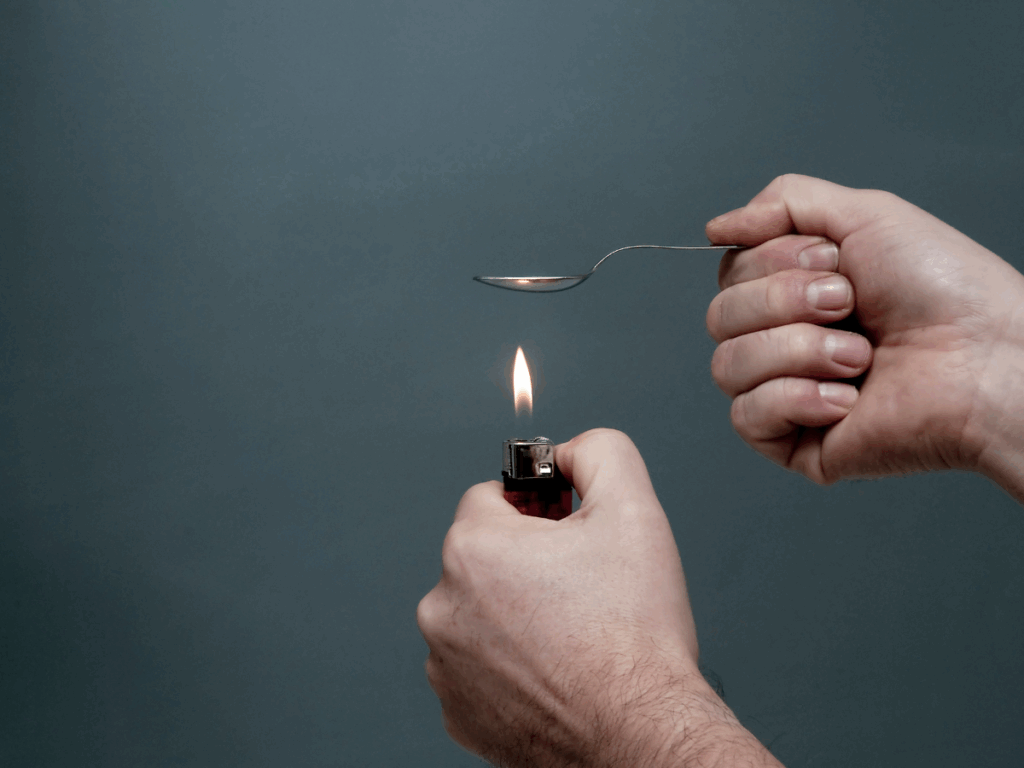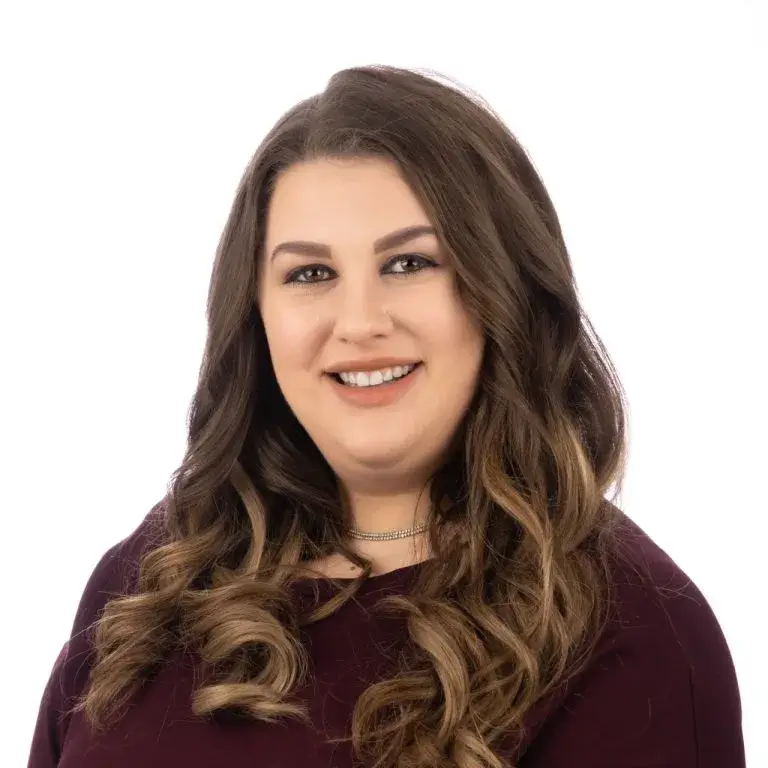
Understanding Heroin Addiction: A Path Toward Healing
Heroin addiction touches every corner of American communities, from suburban neighborhoods to urban centers, affecting people of all backgrounds and ages. When heroin enters someone’s life, it rarely announces itself as the devastating force it will become. According to the National Institute on Drug Abuse, about 1.0 million people had a heroin use disorder in 2021, with approximately 9,173 people dying from heroin-related overdoses that same year.
Yet within this crisis lies an essential truth: recovery is not only possible, it happens every day. At Legacy Healing Center, we provide a sanctuary where healing begins, shame dissolves, and hope is carefully, deliberately restored.
What Is Heroin?
Heroin is a powerful and highly addictive opioid derived from morphine, a naturally occurring substance found in the seed pod of the opium poppy plant. Though it often presents as a white or brown powder or a sticky black substance known as “black tar,” its true nature lies in the intensity of its effects on the brain and body. Initially used by some to escape physical pain or emotional distress, heroin quickly rewires the brain’s reward system, turning relief into dependency and moments of calm into chains of compulsion.
Recognizing Heroin Abuse
Signs of heroin addiction aren’t always obvious at first. It often begins subtly, perhaps as experimentation or an effort to manage pain when other options have failed. But over time, a pattern emerges. Common signs include:
- Frequent drowsiness or sudden mood swings
- Needle marks or paraphernalia such as burnt spoons or rubber tubing
- Financial or legal problems related to drug use
- Withdrawal from relationships, hobbies, or responsibilities
This disorder thrives in secrecy and shame, but breaking the silence is the first step toward recovery.
What Makes Heroin Addictive?
Heroin’s potency lies in its rapid action on the brain. Once consumed, it quickly crosses the blood-brain barrier and converts back into morphine, binding to opioid receptors that regulate pain and pleasure. This interaction triggers an intense, euphoric rush, particularly when injected, which the brain begins to associate with relief, comfort, and escape.
Over time, the brain adapts, reducing its natural production of dopamine and endorphins. This forces individuals to rely on heroin just to feel normal, creating both a physical and psychological dependency. The compulsion to use is not simply about chasing a high; it’s about avoiding the unbearable lows that follow.
How Heroin Affects the Brain
Heroin disrupts the brain’s natural chemistry in ways that alter mood, behavior, and cognition—shifts that deepen over time and often require professional support to reverse.
Short-Term Effects
- Intense euphoria and drowsiness
- Confusion or clouded mental functioning
- Decreased heart rate and respiratory depression
Long-Term Effects
- Structural and functional changes in brain chemistry
- Impaired decision-making and emotional regulation
- Diminished natural motivation and reward responses
These neurological effects often linger long after the last dose, making recovery not only a physical process but a psychological one requiring time, care, and specialized treatment.
How Heroin Affects the Body
The physical toll of heroin use extends far beyond its immediate impact, often compromising vital systems and leaving lasting effects that call for comprehensive medical attention.
Short-Term Effects
- Dry mouth, flushed skin, and heavy limbs
- Nausea, vomiting, and severe itching
- Slowed breathing, which can be life-threatening
Long-Term Effects
- Collapsed veins, infections of the heart lining and valves
- Chronic constipation, liver and kidney disease
- Increased risk of HIV and hepatitis from injection use
The body endures a great deal while under the influence of heroin, but with proper medical care, it can begin to heal.
Overdose Risks of Heroin Use
Heroin’s danger is compounded by its unpredictability. Many batches of the drug sold on the street are laced with fentanyl, a synthetic opioid up to 50 times more potent. This drastically increases the risk of accidental overdose.
Signs of overdose include:
- Shallow or stopped breathing
- Cold, clammy skin or blue lips
- Unresponsiveness or loss of consciousness
Naloxone, a life-saving medication that reverses opioid overdoses, has become more accessible, but its availability does not replace the need for comprehensive care. Timely, medically supervised treatment is essential.
Heroin Withdrawal and Treatment Programs
Withdrawal from heroin can be excruciating without support. Symptoms begin within 6–12 hours of last use and may include:
- Muscle aches, vomiting, and diarrhea
- Intense cravings, insomnia, and anxiety
- Depression and irritability
Though rarely life-threatening, these symptoms can feel overwhelming, leading many to relapse simply to stop the discomfort. Medical detox provides a safe, controlled environment where symptoms are managed with evidence-based medications and 24/7 care.
At Legacy Healing Center, detox is more than a medical process; it’s the first step toward reclaiming your life. In our tranquil setting, clients are supported with dignity, compassion, and round-the-clock supervision as they begin their healing journey.
Treating Heroin Addiction at Legacy Healing Center
Effective heroin addiction treatment addresses far more than physical symptoms. At Legacy Healing Center, we offer an integrated, personalized approach to rehab care that meets individuals where they are, respecting their histories, trauma, and personal goals.
Levels of Care
- Medical Detox: Comfort-oriented and medically supervised, focused on safety and stabilization.
- Residential Treatment: 24/7 care with structured daily therapy, trauma work, and holistic services.
- Partial Hospitalization Program (PHP): Intensive clinical support with flexible living arrangements.
- Intensive Outpatient Program (IOP): Day or evening options designed to support reentry into daily life.
- Outpatient Care: Ongoing therapy and accountability for long-term recovery maintenance.
Therapeutic Approaches
- Cognitive Behavioral Therapy (CBT) and Motivational Interviewing (MI) to reframe negative patterns
- Trauma-Informed Care for addressing root causes
- Holistic Services including mindfulness, yoga, and nutritional support
- Family Therapy to repair relationships and foster understanding
Each care plan is crafted to support healing on every level—mind, body, and spirit.
Hope Beyond Treatment: Aftercare and Community
Healing doesn’t stop when formal treatment ends. Legacy Healing Center provides robust aftercare planning, including:
- Alumni programming and community events
- Ongoing therapy and support groups
- Connections to sober living environments and recovery resources
This continuity fosters lasting stability and reinforces that no one walks this journey alone.
Take the First Step Toward Healing
If you or someone you love is facing the grip of heroin addiction or navigating withdrawal, know this: you don’t have to do it alone. Compassionate, expert support is available 24/7 at (888) 534-2295, where our dedicated team will guide you toward personalized, medically sound care—from safe detox placement to comprehensive treatment planning.
Not sure where to begin? You can confidentially verify your insurance online or speak directly with one of our experienced specialists. We’re here to help you navigate the detox and recovery process with clarity, empathy, and unwavering respect for your unique journey.
Taking that first step may feel daunting, but it’s also the beginning of something powerful: a return to peace, to purpose, and to yourself. Reaching out isn’t just asking for help—it’s choosing healing. Let today be your turning point.
Immediate Help and Support
Whether you’re ready to begin or simply exploring your options, trusted support is always within reach:
Legacy Healing Center: Call (888) 534-2295 to speak confidentially with a heroin detox and treatment specialist.
SAMHSA National Helpline: 1-800-662-HELP (4357) – Free, confidential assistance 24/7 for individuals and families.
988 Suicide & Crisis Lifeline: Dial 988 for immediate help during a mental health or substance-related crisis.
You are not alone—support, healing, and hope are just one courageous step away.


 Written By:
Written By: Edited By:
Edited By: Clinically Reviewed By:
Clinically Reviewed By: 




 Verify Insurance
Verify Insurance